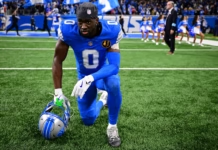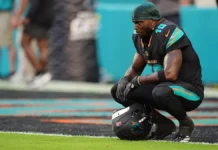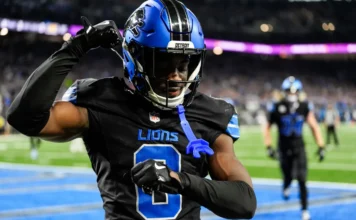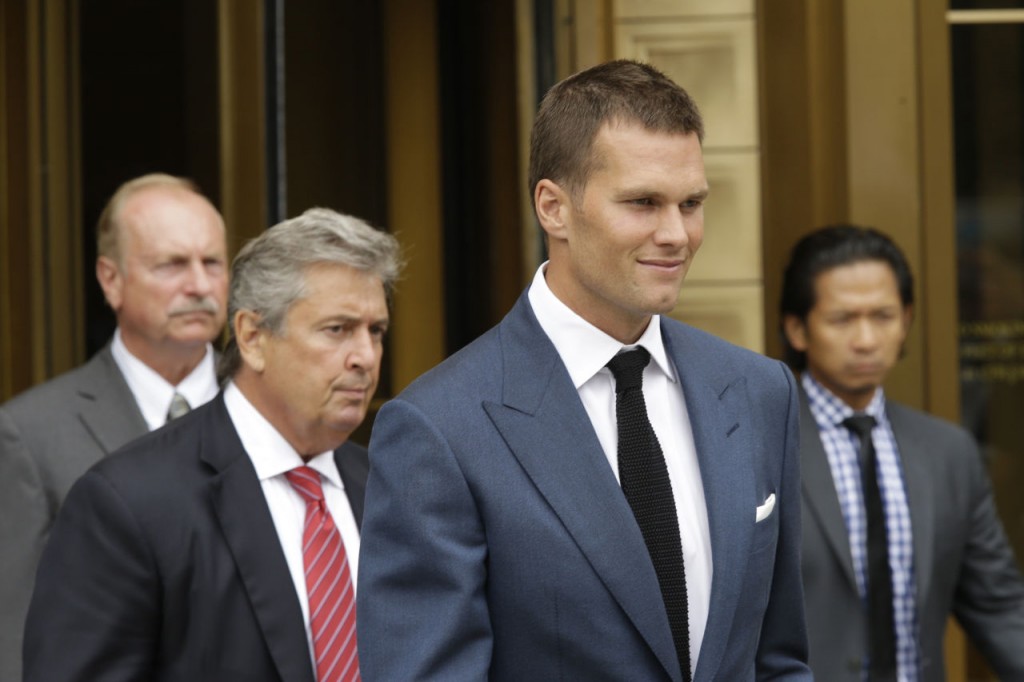
Patriots quarterback and DeflateGate survivor Tom Brady is free, and as he showed against the Steelers, he’s still as great a quarterback as ever.
But how did Brady go from a four-game suspension to playing Thursday night?
Well, we shouldn’t be surprised, as Goodell is now 0-4 in having player suspensions upheld.
In serving a four-game suspension on Brady, Goodell was acting under Article 46 of the NFL-NFLPA collective bargaining agreement. This means that he was able to dole out punishment with much less due process than other scenarios, and didn’t need to draw the punishment from language in the collective bargaining agreement itself. In this situation, management (here Goodell) had “the right to make decisions concerning ‘conduct detrimental to the integrity of’ the business‘” so long as the decision was not “arbitrary and capricious.” This is a relatively low standard.
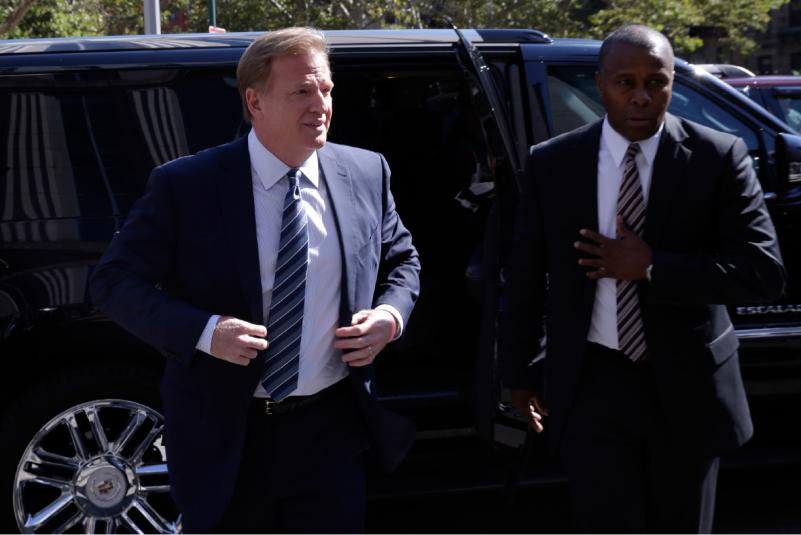
As we now know, Judge Berman found that Goodell’s decision to suspend Brady four games was indeed arbitrary and capricious. In reaching this decision, Judge Berman rested his case on three main points:
- Inadequate notice of discipline and misconduct
- Inability to cross-examine adverse witness
- Refusal to allow discovery
A basic premise of labor law is that employees must be treated fairly. One way an employee may be treated unfairly is if that employee was never given notice that certain conduct is punishable. Here, Berman found that no NFL player “reasonably could be on notice” that Brady’s acts would result in such a punishment. This makes sense given the alleged widespread tactics every NFL quarterback performs to manipulate footballs.
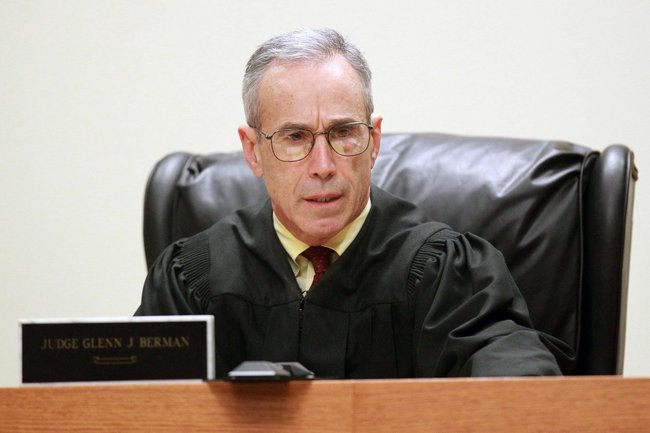
Second, Berman found that Goodell improperly denied Brady’s attorneys the ability to cross-examine Jeff Pash. Jeff Pash is the NFL’s Executive Vice-President and General Counsel. He also was a co-lead investigator for the Wells Report, and allowed to review the draft before it was published. This kept Brady from asking – and more importantly Goodell from hearing – how much role the NFL itself played in the language of the Wells report?
Third, Berman found that Goodell “improperly denied Brady equal access to investigative files.” This meant that “Brady was denied opportunity to examine and challenge materials that may have led to his suspension.” Thus, Brady was put at a further unfair disadvantage during league proceedings in his ability to challenge his punishment.
It is highly unlikely the NFL wins its appeal. First, it is extremely uncommon for an appellate judge to overturn an arbitration award. Second, Judge Berman applied well-understood principles of labor law.


